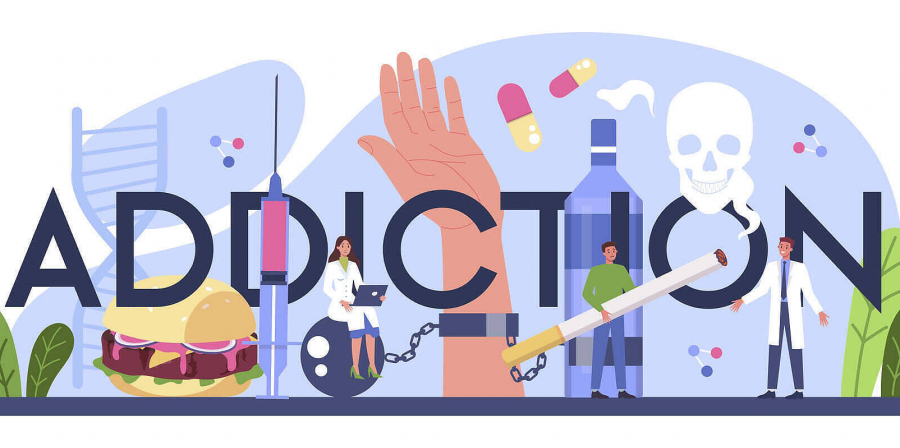

De-addiction centers, also known as rehabilitation centers, are designed to help individuals overcome substance abuse and addiction. These centers typically follow a multi-faceted approach to address the physical, psychological, and emotional aspects of addiction.
The Treatment Process
* Assessment and Evaluation:
1. Initial assessment: A comprehensive evaluation is conducted to understand the individual's addiction history, including the type of substance, frequency of use, and severity of addiction.
2. Medical evaluation: A physical examination is performed to assess the individual's overall health and identify any underlying medical conditions.
3. Psychological evaluation: A mental health professional assesses the individual's emotional state, coping mechanisms, and potential underlying mental health issues.
* Detoxification:
1. Medical supervision: This process is often medically supervised to manage withdrawal symptoms, which can be physically challenging and potentially dangerous.
2. Medication-assisted treatment: In some cases, medications may be used to help manage withdrawal symptoms and reduce cravings.
3. Therapy and Counseling:
* Individual therapy: One-on-one sessions provide a safe space for individuals to explore their thoughts, feelings, and behaviors related to addiction.
* Group therapy: Participating in group sessions allows individuals to connect with others who are going through similar experiences and learn from each other's insights.
* Cognitive-behavioral therapy (CBT): This approach helps individuals identify and change negative thought patterns and behaviors that contribute to addiction.
* Holistic Therapies:
* Yoga, meditation, and exercise: These activities can help reduce stress, improve mental clarity, and promote overall well-being.
* Nutrition and healthy eating: A balanced diet can support physical and mental health during recovery.
* Aftercare Planning:
1. Developing a relapse prevention plan: Individuals are guided in creating strategies to avoid triggers and cope with challenges after leaving the center.
2. Connecting with support groups: Joining support groups can provide ongoing support and accountability.
Key Components of Successful Treatment
3. Personalized treatment plans: Each individual's needs are unique, and a personalized treatment plan is essential for effective recovery.
4. A supportive environment: A safe and supportive environment is crucial for individuals to feel comfortable and motivated to change.
5. Professional guidance: A team of qualified professionals, including therapists, counselors, and medical staff, can provide the necessary guidance and support.
6. Continuous support: Aftercare services and ongoing support groups can help individuals maintain sobriety and address challenges that may arise in the future.
It's important to note that recovery from addiction is a journey, and there may be setbacks along the way. However, with the right support and commitment, individuals can achieve lasting sobriety and lead fulfilling lives.
